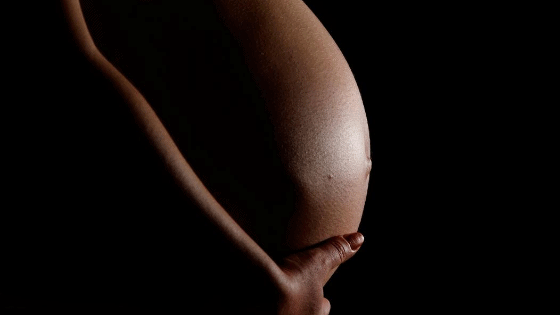
16 Mar Placenta ENcapsulation – What Does Science Say?
When I was pregnant, I never heard of women eating their placenta by placenta encapsulation. But, I was one of the first of my peers to get pregnant – so I didn’t know much of ANY of this stuff. Nowadays, it’s all the rage to eat your placenta after birth. Celebs are doing it. My crunchy mama’s are doing it. I love it because I’m all into that natural goodness! But, I do want to bring an educated opinion to the table.
From personal experiences of mama’s that I know, I’ve heard many benefits and rarely any negatives. Moms have told me they felt better (supposedly eating the placenta helps decrease postpartum depression), increased lactation, helping the uterus get back to normal, reduce bleeding, etc.
Backing up to what the placenta is, the placenta is an organ that is created in the uterus to give your baby oxygen, food, and helps remove waste products from the fetus. When it’s delivered after the baby, it looks like a big bloody pancake. Seriously. It’s actually pretty beautiful if you look at it in the lens of how intricate it is and how amazing our bodies are to produce something like that!
But, what does science say?
When I trying to do research on eating placentas, there wasn’t much research on PubMed. When eating the placenta, it’s said to provide iron to help replenish iron stores from the bleeding of childbirth and postpartum, but a study showed that the amount of iron that is in the placenta doesn’t raise maternal iron much. The amount of iron is similar to what you get in a normal diet from grass-fed beef.
Some people might also say that the placenta holds many nutrients and is nourishing for the mom. This study showed that there weren’t THAT many nutrients in it to make a huge difference. Another study did find that there were plenty of hormones in the placenta that could create a physiological effect, so eating the placenta to lessen the risk of postpartum depression could hold. More research needs to be done.
While women are feeling like they get many benefits from eating their placenta, there aren’t many studies to back it up. It’s so hard with science sometimes. You wonder if it takes a placebo effect in women who decide to eat it or there isn’t enough good research. Some concerns that doctors may have are…
….infection, thromboembolism from estrogens in placental tissue, and accumulation of environmental toxins.
Just because science doesn’t have many studies done on women eating their placenta doesn’t mean that it’s bad or dangerous though. You have to proceed with caution and take what you know and possibly what you don’t know and make the choice that is best for you and your family.
Where can you get this done?
Most moms that want to eat their placenta take it in capsule form. They usually hire someone to dehydrate it, ground it, and place it into pills. You can ask for recommendations in mommy Facebook groups or even just do a simple google search and research professionals that encapsulate placentas.
Would you (or have you) ever eat your placenta via placenta encapsulation?


